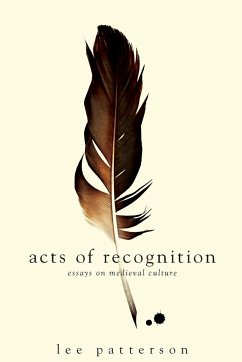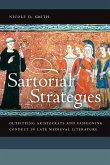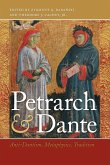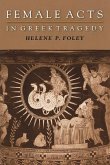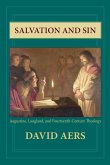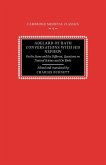Two dialectics are at work in this book: that between the past and the present and that between the individual and the social, and both have moral significance. The first two chapters are methodological; the first is on the historical understanding of medieval literature and the second on how to manage the inseparability of fact and value in the classroom. The next three chapters take up three "less-read" late medieval writers: Sir John Clanvowe, Thomas Hoccleve, and John Lydgate. Each is used to illuminate a social phenomenon: the nature of court culture, the experience of the city, and Henry V's act of self-making. The following chapter explicitly links past and present by arguing that the bearing of the English aristocrat comes from a tradition beginning with Beowulf and later reinvoked in response to nineteenth-century imperialism. The next three chapters are the most literary, dealing with Chaucer and with literary conventions in relation to a number of texts. The final chapter is on the man Patterson considers one of the most important of our medieval ancestors, Francis of Assisi.
Hinweis: Dieser Artikel kann nur an eine deutsche Lieferadresse ausgeliefert werden.
Hinweis: Dieser Artikel kann nur an eine deutsche Lieferadresse ausgeliefert werden.

